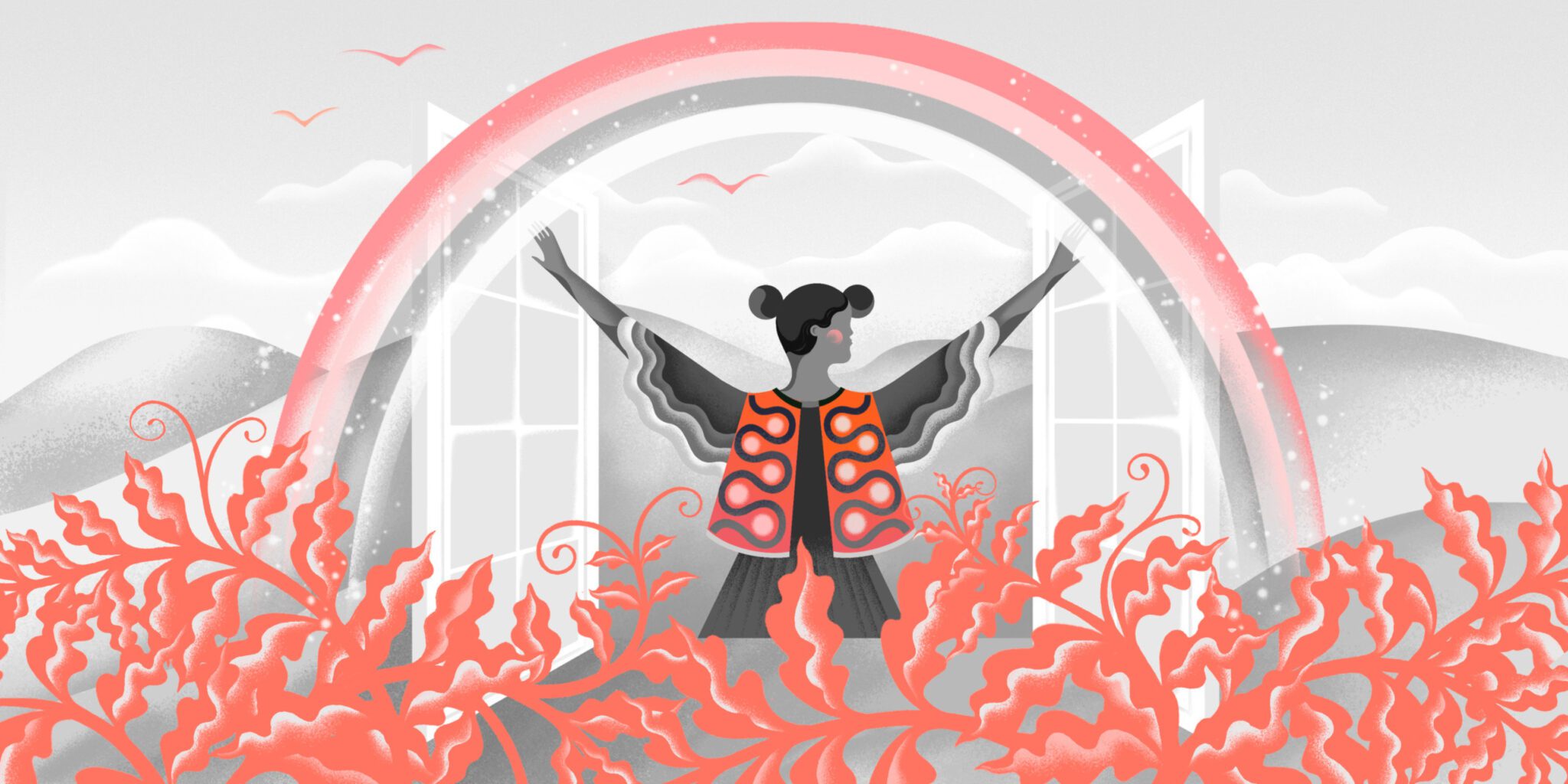This piece is from the Templeton Ideas archives. It was originally published in 2021.
Gratitude is known to have powerful effects for one’s own wellbeing, reducing anxiety and depression, and helping us to enjoy positive experiences.
Now, thanks in part to research led by Dr. Sara Algoe of the University of North Carolina at Chapel Hill, we see the effects of expressing thanks not only on relationships, but on society as a whole. Those who say thank you to their romantic partners more often not only experience closer bonds, but they are also perceived as being more lovable by others. These benefits have a ripple effect outward from our personal relationships to our friendship circles and society at large.
Watch to learn more about the surprising power of that little phrase to strengthen our most loving ties: “thank you.”
Algoe was the leader of a Templeton-funded $1.8 million project, which was active between 2018 and 2021, to develop a “scientific approach to living in love,” which aimed to kindle new connections in the study of friendship, romance, and affection.
This was the fifth video in our series of interviews produced in 2021 by the independent media company Freethink. Watch the first episode here, which features Dr. Uri Maoz discussing the neuroscience of free will and its implications for human freedom. Then watch the second episode and explore the latest research in the science of forgiveness with Dr. Amrisha Vaish, an associate professor of psychology at the University of Virginia and leader of a project studying the development of forgiveness supported by the John Templeton Foundation. The third video features Dr. Liane Young, professor of psychology at Boston University, discussing the science of morality and how people can broaden our sense of right and wrong to be more fair to people outside of our tribes. The fourth features astrobiologist Dr. Sara Walker, who explores the fundamental question “What is life?” and offers a definition that life is “the physics of creativity.”
Walker is the recipient of a $2.9 million grant from the John Templeton Foundation for a project, co-led by Templeton Prize laureate Paul Davies, to explore the transitions bridging chemistry and the origins of life.
Still Curious?
Learn more about this project here!




